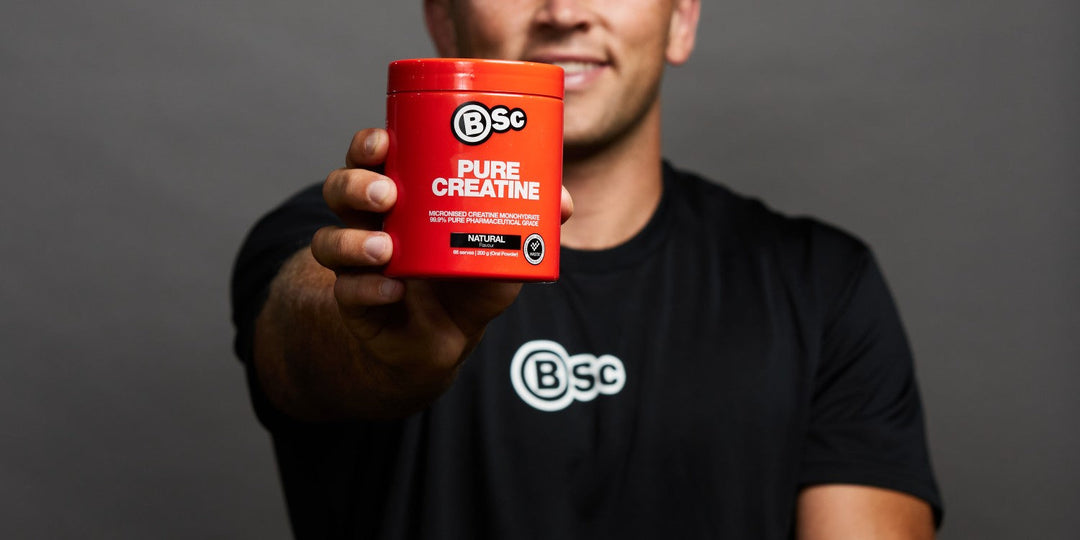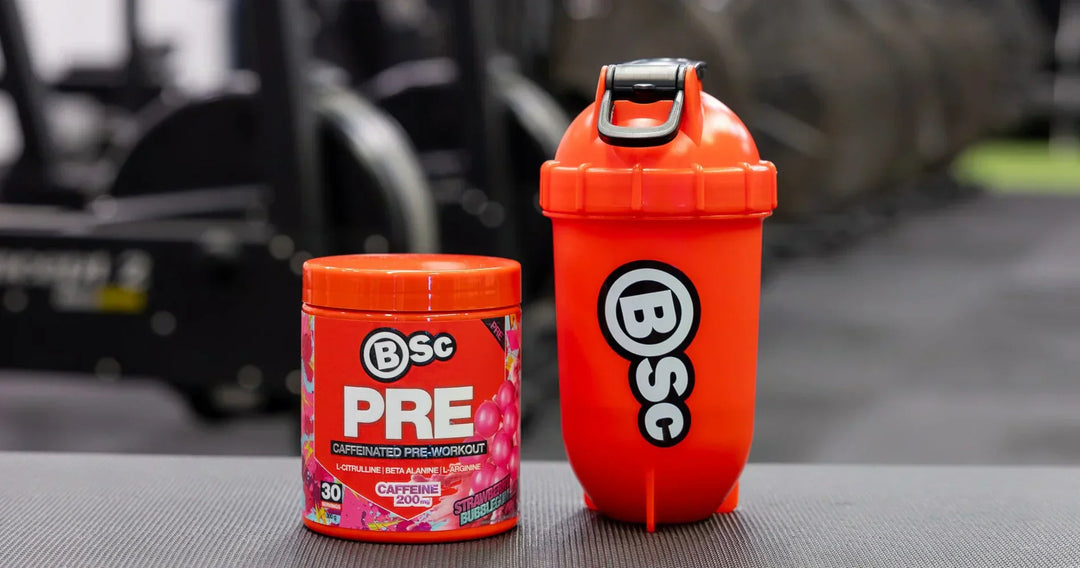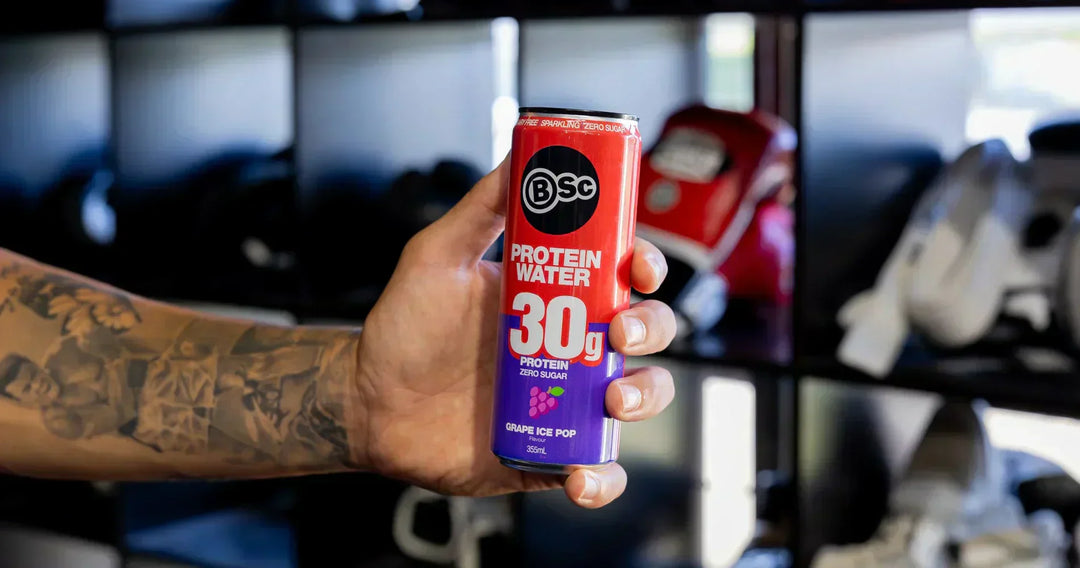Today we’re talking insulin and insulin resistance. Harriet Walker, Accredited Sports Dietitian, and Body Science’s Greg Young discuss what it is, what is the disease risk, and how to you know if you have it. Plus top diet and lifestyle tips for reducing insulin resistance. As always this information is not designed to diagnose, treat, prevent or cure any condition and is for information purposes only – please discuss any information in this podcast with your health care professional before making any changes to your current lifestyle.
https://athleticeating.com.au/nutrition-athletic-blog/2018/10/30/figuring-out-carbohydrates
Liatis S1, Grammatikou S, Poulia KA, Perrea D, Makrilakis K, Diakoumopoulou E, Katsilambros N. (2010). Vinegar reduces postprandial hyperglycaemia in patients with type II diabetes when added to a high, but not to a low, glycaemic index meal. European Journal of Clinical Nutrition. 64(7):727-32. doi: 10.1038/ejcn.2010.89
Ginsberg, H. N. (2000). Insulin resistance and cardiovascular disease. Journal of Clinical Investigation, 106(4), 453–458.
Navale, A. M., & Paranjape, A. N. (2016). Glucose transporters: physiological and pathological roles. Biophysical Reviews, 8(1), 5–9. http://doi.org/10.1007/s12551-015-0186-2
McKeown NM1, Meigs JB, Liu S, Saltzman E, Wilson PW, Jacques PF. (2004) Carbohydrate nutrition, insulin resistance, and the prevalence of the metabolic syndrome in the Framingham Offspring Cohort. Diabetes Care, 27(2):538-46.
Type 2 diabetes usually develops gradually over several years, beginning when muscle and other cells stop responding to insulin. This condition, known as insulin resistance, causes blood sugar and insulin levels to stay high long after eating. Over time, the heavy demands made on the insulin-making cells wears them out, and insulin production eventually stops.
Insulin Resistance If someone has insulin resistance, their body does not respond properly to the hormone insulin. The normal function of the hormone insulin is to transfer glucose from the blood into the liver and muscle cells, to be used as energy, and managing our blood glucose levels.
Summary: Excess calories make you fat, usually carbs are wrapped up with fats in processed foods. When people eat better quality foods, they will reduce energy load, and therefore facilitate fat loss, which assists in controlling insulin, providing an opportunity for cells to re-sensitise to insulin.








